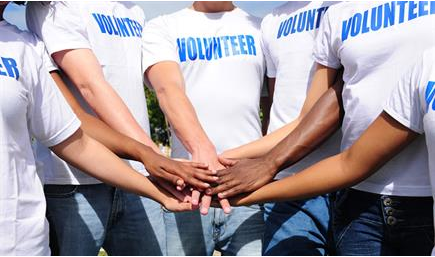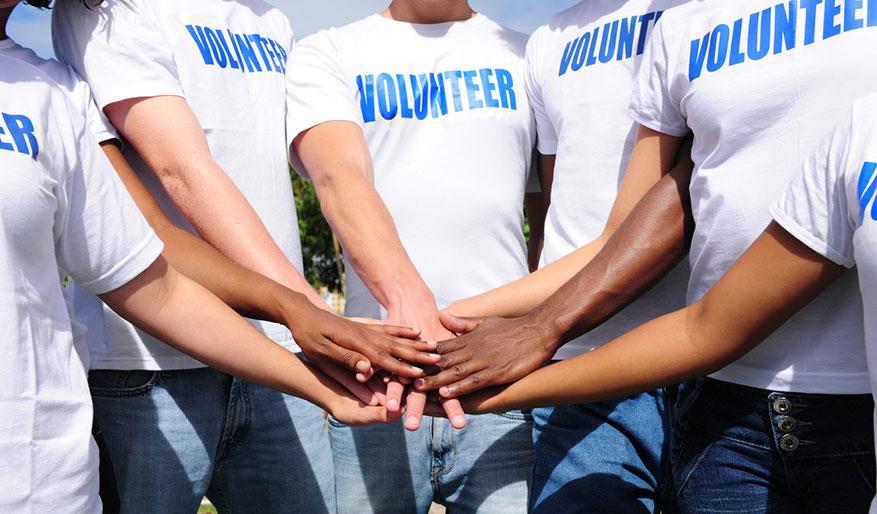A simple act of kindness, lending a hand, or giving back to the community – we all know that doing a little good without expecting anything in return has a positive impact on the world. However, research shows that when we do good deeds or put others’ welfare before our own, the health and well-being benefits can be plentiful too:
- Helps de-stress When you help out others, you expend pent-up energy in generating positive emotions. By being “selfless”, you act without expecting anything in return. According to psychological studies, this can free your mind from anxiety and helps increase oxytocin levels. Which in turn can lower blood pressure, and stress and can promote an overall calming effect.
- Experience the ‘Helper’s High’ Being generous, charitable and thoughtful gives many people a ‘buzz’ known as the ‘Helper’s High’, where the brain produces feel-good endorphins – our body’s way of rewarding and encouraging us to continue being altruistic and to maintain a positive attitude.
- Improves mental wellbeing When you help others, the impact of negative emotions such as anger, sadness or feelings of isolation can be reduced as you feel a connection with the ones you help. Giving time to others’ needs can also offer a fresh perspective, allowing you to reflect and be more grateful for what you have, and promoting a more positive outlook.
- Makes the world a happier place Happiness is severely contagious. Your body has evolved to amplify moments of happiness when you spread it with others. It also encourages those at the receiving end to spread the good and generate continuing positivity – one person at a time.

